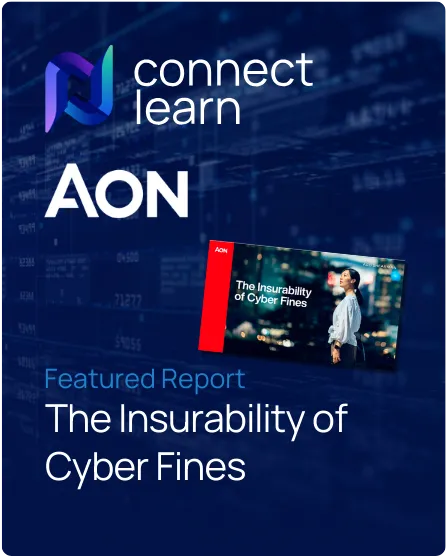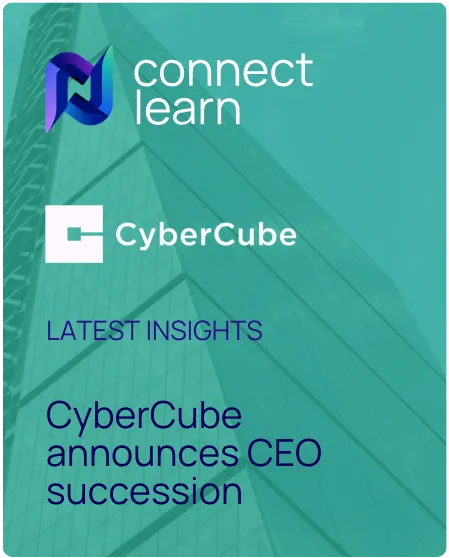Reflecting on 2014: The InfoSec Hiring Crisis
In 2014, the Information Security (InfoSec) landscape was already a major concern for businesses across the globe. Pratap Vara, a seasoned recruiter in the InfoSec and cyber security space at Pioneer and community ambassador for Nexus Connect, underscored the increasing demand for skilled security professionals amidst a significant shortage in the market.
During conversations with various senior leaders within the InfoSec space, several pressing issues were identified in what was deemed at the time as an "InfoSec Hiring Crisis."
Three key findings were highlighted as the primary challenges:
- Security as a Niche Field - InfoSec was not widely recognised as a mainstream career path, making it less attractive compared to fields like software development or project management.
- Rapid Technological Advancements - As technology evolved swiftly, the need for robust security measures became paramount. However, the education system lagged in integrating online security education into school curriculums, leaving a gap in foundational knowledge for the younger generation.
- Staff Retention and Salary Bandings - The market's response to the skills shortage drove salaries higher, but retaining top talent required more than just competitive pay. Companies needed to invest in ongoing training, provide clear career paths, and offer modern, flexible working environments.
-----
A Decade Later: InfoSec/Cyber Security in 2024
Fast forward to 2024, and the world of InfoSec and cyber security has undergone significant transformation. The demand for cyber security professionals has surged even further, driven by the increasing frequency and sophistication of cyber threats.
To mark Cyber Security Awareness Month, Pratap explores the key trends, challenges, and strategies that have shaped the InfoSec/Cyber security talent landscape over the past decade.
Key Trends in InfoSec/Cyber Security Talent and Hiring
Mainstream Recognition of Cyber Security Careers
- Expanded Awareness - Cyber security has become a well-recognised and respected career path. Initiatives at various educational levels have introduced students to cyber security concepts early on, fostering interest and building foundational skills.
- Diverse Entry Points - The field now offers multiple entry points, including formal education, bootcamps, professional qualifications and certifications, making it more accessible to a broader audience.
Advanced Specialisations and Skills
- Specialised Roles - As cyber threats have become more complex, the need for specialised skills has grown. Roles such as threat hunters, incident responders, and ethical hackers are now common, each requiring specific expertise.
- Continuous Evolutions - The rapid growth of cyber threats necessitates continuous learning and evolution of our knowledge. Professionals are expected to stay current with the latest tools, techniques, and threat landscapes.
Emphasis on Soft Skills
- Communication and Collaboration - Cyber security professionals need to effectively communicate complex technical information to non-technical stakeholders, senior leadership and facilitate collaboration across departments to effectively address security incidents and vulnerabilities.
- Problem-Solving and Critical Thinking - The dynamic nature of cyber threats requires cyber security professionals to adapt to new technologies and evolving threats. Resulting in a real need for strong problem-solving and critical thinking skills to develop innovative and effective security solutions.
-----
Challenges in the Current InfoSec/Cyber Security Landscape
- Talent Shortage - Despite the increased awareness and educational efforts, the demand for skilled cyber security professionals continues to outpace supply in 2024. This shortage is exacerbated by the rapid emergence of new threats and technologies.
- Evolving Threat Landscape - Cyber threats are becoming more sophisticated and diverse, requiring security teams to continuously adapt and evolve their strategies. This dynamic environment creates ongoing challenges in maintaining a robust security posture.
- Retention and Burnout - The high-stress nature of cyber security roles, coupled with the constant pressure to stay ahead of threats, contributes to burnout and high turnover rates. Organisations that prioritise employee well-being and work-life balance will be more likely to retain top talent.
-----
Strategies for Attracting, Training, and Retaining Cyber Security Talent
Comprehensive Education, Training and Development
- School Curriculums - Integrate cyber security education into secondary school curriculums to build foundational knowledge and spark early interest.
- Industry Collaboration - Partner with universities and training institutions to develop relevant and up-to-date cyber security programmes that align with industry needs.
- Continuous Learning - Invest in ongoing training and refresher programmes that keep tech professionals updated on the latest threats, technologies, and best practices.
- Clear Career Paths - Provide well-defined career progression opportunities, allowing professionals to see the benefits and rewards of advancing their careers within cyber security.
Competitive Compensation and Benefits
- Salary Bands - Regularly review and adjust salary bandings, benefits, bonuses, and overall remuneration packages to remain competitive in the talent market that’s already struggling to keep up with the demand.
- Flexible Work Arrangements - Offer remote work options, flexible hours, and other benefits that enhance work-life balance and job satisfaction.
Building and Maintaining a Supportive Culture
- Employee Well-being - Implement programmes that address burnout and stress, such as mental health support and wellness initiatives.
- Inclusive Environment - Create an inclusive and diverse workplace that values different perspectives and encourages a sense of belonging and purpose for all.
-----
In order to build resilient cyber security teams capable of defending against evolving threats, businesses will need to invest in the training, attraction, and retention of top InfoSec/Cyber Security talent.
To discuss how your business can recruit and retain the best cyber security talent, contact Pratap today.














